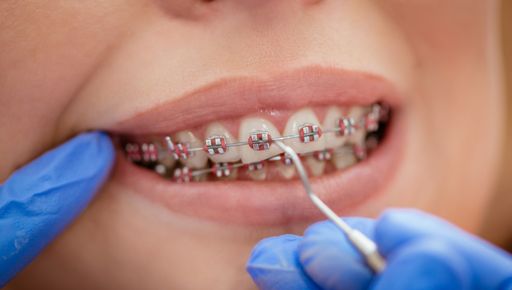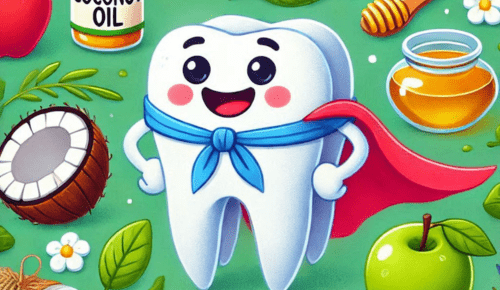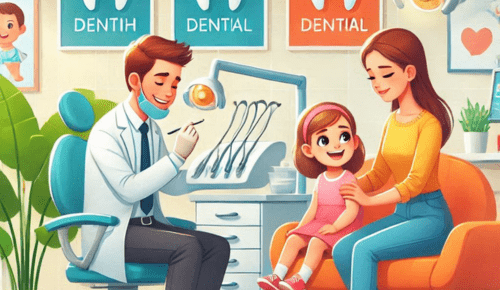As a parent, it’s natural to want the best for your child, including a healthy and beautiful smile. But did you know that orthodontic issues can begin to develop as early as age 6 or 7? At our dentist Murray Hill office we recommend that children have their first orthodontic evaluation by the age of 7 to identify any potential issues before they become more serious. By recognizing the signs that your child may need early orthodontic treatment, you can help them achieve a lifetime of healthy, confident smiles.
In this article, we’ll explore the common signs that may indicate your child needs early orthodontic treatment.
What is Early Orthodontic Treatment?
Early orthodontic treatment, also known as Phase 1 treatment, typically begins between the ages of 7 and 10. At this stage, the child’s teeth and jaw are still developing, making it an ideal time to address any orthodontic issues. Early treatment can help correct problems such as crowding, spacing, and bite issues, making it easier to achieve a healthy and beautiful smile.
What Are The Signs Your Child May Need Early Orthodontic Treatment?
Here are some signs that may indicate your child needs early orthodontic treatment:
- Crowding or Spacing Issues: If your child’s teeth are crowded or spaced too far apart, it may be a sign that they need early orthodontic treatment.
- Bite Issues: If your child has a misaligned bite, such as an overbite or underbite, it can lead to problems with chewing, speaking, and even breathing.
- Protruding Teeth: If your child’s teeth protrude or stick out, it can increase the risk of tooth damage or injury.
- Difficulty Chewing or Speaking: If your child has difficulty chewing or speaking due to orthodontic issues, it may be a sign that they need early treatment.
- Thumb Sucking or Tongue Thrusting: If your child sucks their thumb or thrusts their tongue, it can lead to orthodontic issues, such as an overbite or open bite.
- Early Loss of Baby Teeth: If your child loses their baby teeth too early, it can lead to orthodontic issues, such as crowding or spacing problems.
- Crossbite or Underbite: If your child has a crossbite or underbite, it can lead to problems with chewing, speaking, and even breathing.
What Are The Benefits of Early Orthodontic Treatment?
Early orthodontic treatment can provide numerous benefits for your child, including:
- Improved Oral Health: Early treatment can help prevent oral health issues, such as tooth decay and gum disease.
- Reduced Risk of Tooth Damage: Early treatment can help reduce the risk of tooth damage or injury due to orthodontic issues.
- Improved Self-Esteem: Early treatment can help improve your child’s self-esteem and confidence by providing them with a healthy and beautiful smile.
- Simplified Treatment: Early treatment can simplify the orthodontic treatment process by addressing issues before they become more complex.
What to Expect During Early Orthodontic Treatment?
If your child requires early orthodontic treatment, here’s what you can expect:
- Initial Consultation: The orthodontist will conduct an initial consultation to assess your child’s orthodontic needs.
- Treatment Plan: The orthodontist will develop a personalized treatment plan to address your child’s specific orthodontic issues.
- Treatment Options: The orthodontist may recommend various treatment options, such as braces, aligners, or other appliances.
- Regular Appointments: Your child will need to attend regular appointments with the orthodontist to monitor their progress and make any necessary adjustments.
Early orthodontic treatment can provide numerous benefits for your child, from improved oral health to increased self-esteem. By recognizing the signs that your child may need early orthodontic treatment, you can help them achieve a healthy and beautiful smile that will last a lifetime. If you suspect that your child may need early orthodontic treatment, consult with an orthodontist to determine the best course of action.





